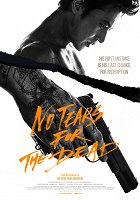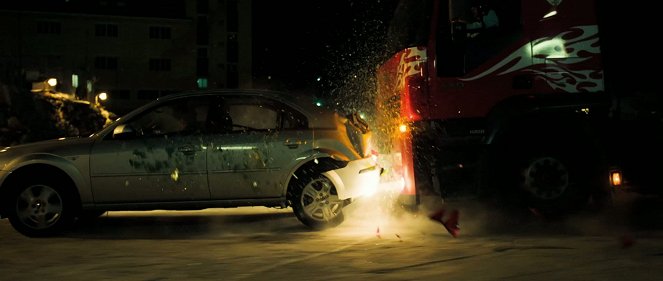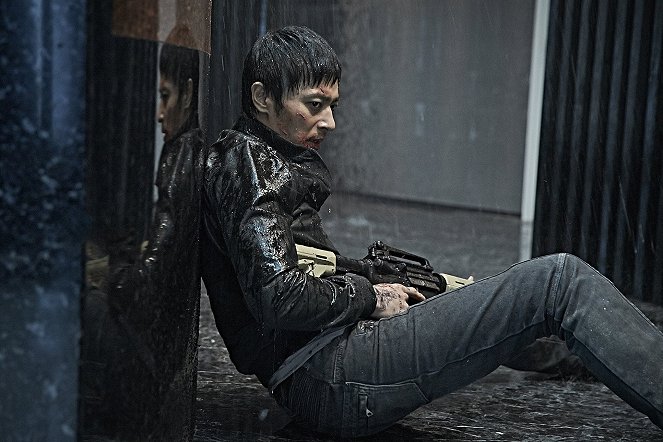Regie:
Jeong-beom LeeDrehbuch:
Jeong-beom LeeKamera:
Mo-gae LeeMusik:
Yong-rock ChoiBesetzung:
Dong-gun Jang, Min-hee Kim, Brian Tee, Min-jae Kim, Kang Han-na, Hee-won Kim, So-jin Kim, Yo-han Byeon, Seong-wook Min, Byeong-eun Park, Yeong-ran Lee (mehr)Streaming (4)
Inhalte(1)
His mission was to kill her, but instead he decided to protect her. The simple premise of a flawed killer is anchored in a tragic story of fatal mistakes, broken lives and new chances. However, the main attraction is the breath taking visual work in the action sequences. Lee Jeong-beom guaranties this, as he was the one who, four years ago, left action movie fans breathless with his movie The Man from Nowhere. With that ambitious movie he proved that a simple story could become the basis of a fiercely intense innovative spectacle. This time the director focuses not only on contact fights but primarily on shootouts and tactical operations whose production was based on careful consultation with real members of Korean and American special forces. (Filmasia)
(mehr)Videos (1)
Kritiken (1)
America seems to be very attractive for Korean producers. After the unfortunate experience with Snowpiercer, it seems that the major Korean production company CJ Entertainment tried to come up with a title that could be equally successful at home and abroad. No Tears for the Dead thus contains a substantial amount of dialogue in English, while the narrative uses the language aspect so that the film could potentially resonate simultaneously with domestic audiences (English as the language of business and bad guys), Korean expats (the emigration motif) and American viewers (the international ensemble and the simple fact that they don’t have to read subtitles for roughly a third of the film). Though the screenplay isn’t sufficiently successful in smoothing out the transitions between Korea and the US to avoid coming across as a production calculation, the film mostly succeeds in drawing attention to its other strengths. Half of the runtime passes before the narrative gets through the drawn-out dramatic exposition, which is strikingly reminiscent of the shortcomings of Dante Lam’s exceedingly ambitious films, which, in an effort to add depth and drama to the action, also spend a lot of time showing viewers charged emotions and overwrought peripeteias that, in combination with one-dimensional characters, remain nothing more than drawn-out kitsch. But as soon as the protagonist stops fretting and the tormented melodrama turns into an energetic action movie, all is suddenly forgiven. Some of the motifs of the film’s exposition are even well used for adding pathos and emotion to the action. However, the film’s main strengths simply consist in the wonderfully staged action scenes, which are reminiscent of the best sequences in Tsui’s Time and Tide and the first Die Hard, and not only in their setting. However, this is rather a professional deformation on the part of the viewer, as these are not quotes or literal inspirations; on the contrary, Lee and his team perform completely new and original action tricks in similar settings. Here the main role is played by shootouts spiced up with contact elements and professional tactics that are familiar from special forces units. Though this time the overall result is not as cohesive and effective as the director’s striking second film, The Man from Nowhere, it is clear that Korea now has a new master of action who indeed invites comparisons with Dante Lam through his obvious effort to take a step further with every film not only professionally, but also within the genre and type of action sequences. We’ll see what he comes up with next, or rather how his promising career will be affected by the surprisingly low earnings of No Tears for the Dead (not only in comparison with The Man from Nowhere, which in its time was the most successful film of the year). 7/10
()


